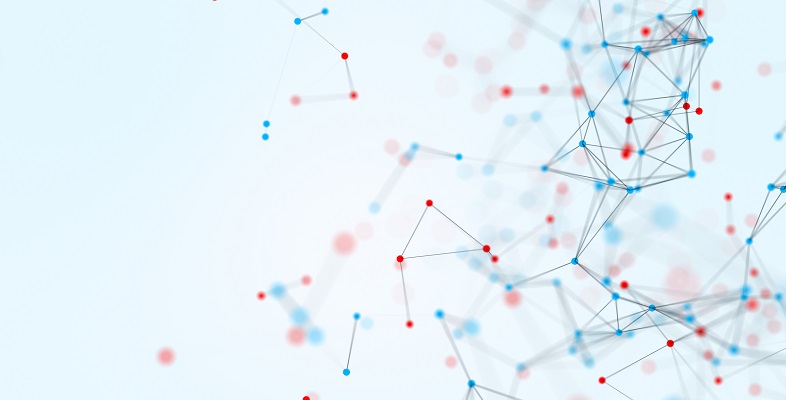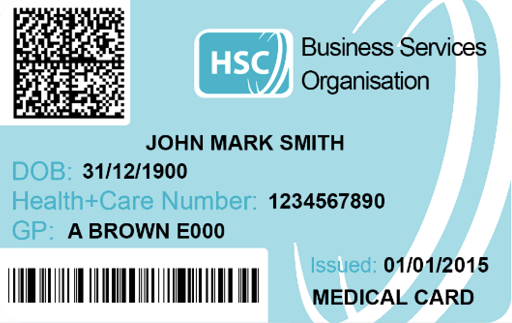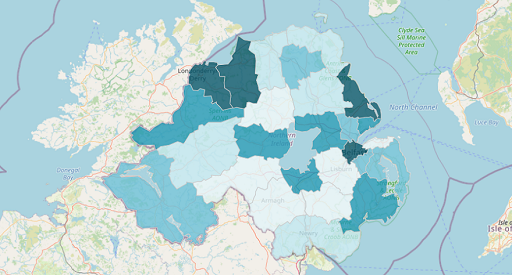2.3 Health and social care providers care records
All health and social care providers, from GPs to hospitals, will have a record relating to you as a person. These records are important, confidential and crucial when decisions are made about your health and well-being.
Every time you use a service in health and social care, there will be a record made – this may be on a variety of systems, some paper-based, some electronic. Sometimes they won’t link, which is why you might be asked for the same data again and again.
One of the reasons to use an electronic system for working with patients is for this data to flow to multiple users, in different disciplines, to help the patient’s care, and make this process easier for those involved.
In certain countries, Northern Ireland for example (see Figure 3), you are assigned a unique number – your health and care number – which is unique and individual to you, and means that your identity can be found across the many health and social care systems. In many respects this is like having a loyalty card in a supermarket, as all your purchases are linked to this card and identifying number.
In this section you will learn about how a hospital might use some of the following information:
- your postcode
- prescription data from GP records.
Activity 3 Postcode use
Can you think of a use for the postcode data that you give when admitted to hospital?
Discussion
Your postcode can be used to examine how services might be delivered in your area. What services exist? How many GPs are available? How might services in the futurebest be planned for?
The postcode can give information about prescription use in your area, for example, that can highlight a number of issues that might be relevant to you and your family, such as the use of painkillers, and social deprivation.
While this will not be directly attributed to you, it might influence health information campaigns or resources to highlight and deal with an issue in a specific geographical location.
When you are given a script for a prescription, you might collect this by hand, or an appointment arranged with your GP. They have to take your details from the record they hold. Assuming that this data is correct, it will provide a link to other information that may be used for other purposes, including prevention and public health policy.


